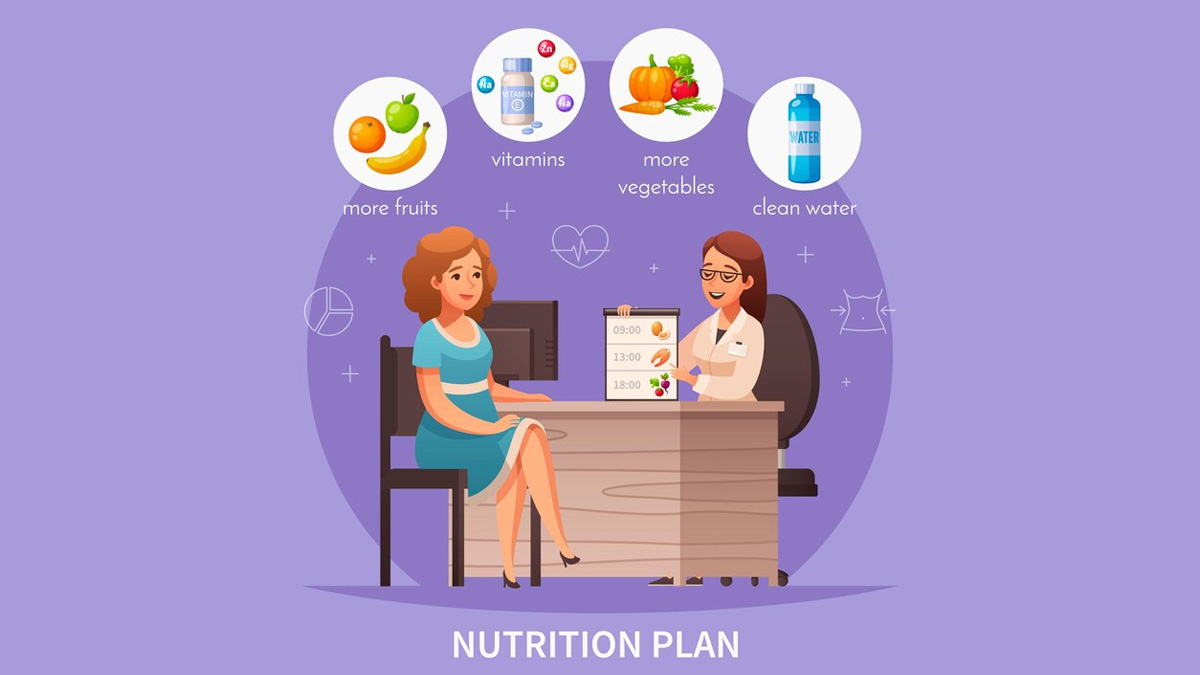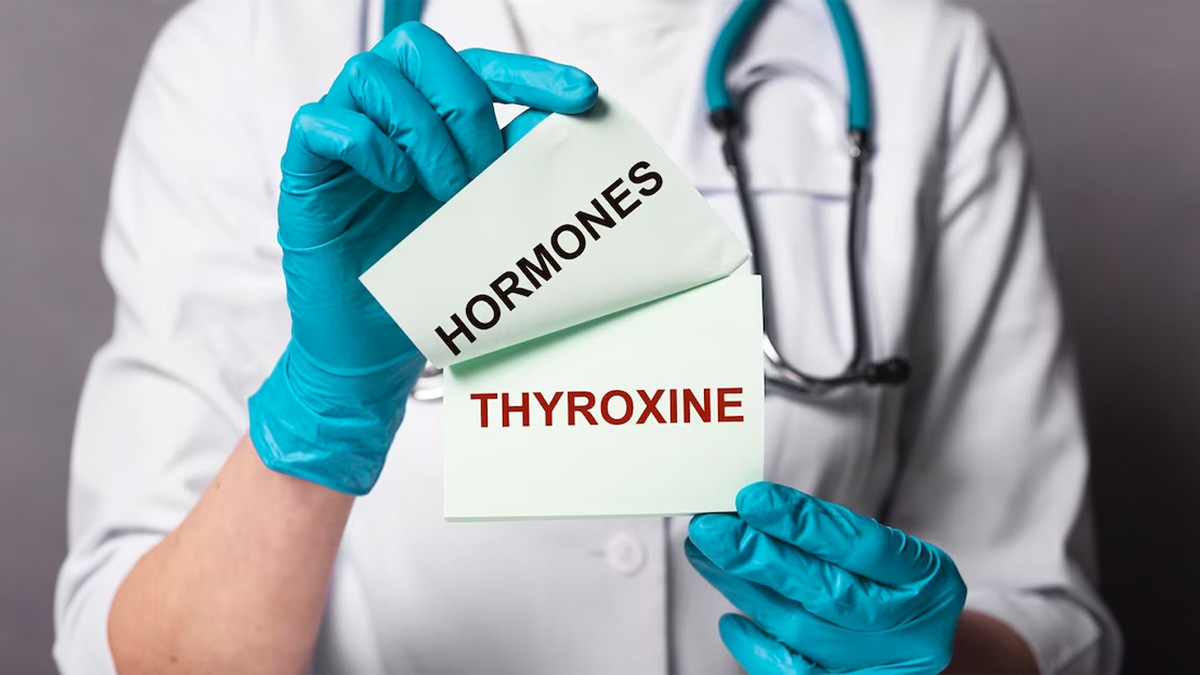
The importance of nutrition for maintaining overall health and well-being cannot be neglected. Did you know beyond providing essential nutrients, the type of nutritional intake can have a profound impact on hormonal balance within the body? Hormones are chemical messengers that regulate various physiological processes, and their levels can be influenced by the quality and quantity of nutrients we consume. There is an intricate relationship between nutrition and hormones and how dietary choices affect hormonal changes in the body. We spoke to our expert Dr Madhumidha K, Internal Medicine Specialist, Apollo Spectra Hospital, Chennai, who explained how hormonal changes are affected by the type of nutritional intake.
Table of Content:-
Impact Of Nutritional Intake In Hormonal Changes

Insulin and Carbohydrates
- Dr Madhumidha said, “Insulin is produced by the pancreas, which is responsible for regulating blood sugar levels. Carbohydrates, especially those with a high glycemic index, such as sugary food and refined grains, cause rapid spikes in blood sugar levels, leading to increased insulin production.”
- Over time, a diet consistently high in refined carbohydrates can contribute to insulin resistance, a condition where cells become less responsive to insulin. This can lead to elevated insulin levels, potentially resulting in weight gain and an increased risk of type 2 diabetes.
- To manage insulin levels, it is advisable to consume complex carbohydrates like whole grains, legumes, and vegetables, which provide sustained energy and help maintain stable blood sugar levels.
Also Read: Bone Health In Children: Impact Of Malnutrition And Vitamin D Deficiency
Leptin and Ghrelin in Relation to Weight Regulation
- Dr Madhumidha added, “Leptin and ghrelin are hunger and weight-controlling hormones respectively.”
- Leptin, produced by fat cells, signals satiety to the brain, promoting feelings of fullness.
- On the other hand, ghrelin is produced in the stomach and stimulates hunger.
- Dietary choices can impact the balance between these hormones.

Thyroid Hormones and Iodine
According to the Institute for Functional Medicine, the body's status, from fed to starving, affects how thyroid hormones are regulated. Adequate consumption and availability of the nutrients selenium, iodine, and iron support healthy thyroid hormone levels and function.
- The thyroid gland produces hormones crucial for regulating metabolism, energy production, and body temperature.
- Dr Madhumidha added, “Iodine is an essential mineral required for the production of thyroid hormones. Insufficient iodine intake can lead to thyroid disorders, such as hypothyroidism (underactive thyroid) or a goitre (enlarged thyroid).”
- To support thyroid health, it is essential to include iodised salt, seafood, dairy products, and iodine-rich vegetables in the diet. Adequate iodine intake ensures the proper functioning of thyroid hormones, which are vital for overall well-being.
Also Read: Hypothyroidism And Weight Loss: Expert Lists Tips To Lose Weight With This Health Condition
Cortisol and Stress Management
- Dr Madhumidha said, “Cortisol is also referred to as the ‘stress hormone’ because its levels tend to rise during stressful situations.”
- Chronic stress and poor dietary choices can lead to prolonged elevated cortisol levels, which may contribute to weight gain, sleep disturbances, and increased risk of chronic diseases.
- Nutritional strategies to manage cortisol levels include consuming a balanced diet, getting enough sleep, and practising stress-reduction techniques like meditation or yoga.
- Additionally, incorporating adaptogenic herbs like ashwagandha and Rhodiola into the diet may help support adrenal health and regulate cortisol production.
Bottomline
Dr Madhumidha concluded, “It is crucial to adopt a balanced and nutrient-dense diet to support hormonal balance and overall health. Making informed dietary choices, such as opting for whole grains, lean proteins, and a variety of fruits and vegetables, can help regulate hormones associated with metabolism, appetite control, stress, and reproductive health. Moreover, maintaining a healthy lifestyle that includes regular physical activity and stress management techniques can further promote hormonal balance and enhance overall well-being.”
[Disclaimer: The information in this article is provided by a registered healthcare professional and is for informational purposes only. Hence, we advise you to consult your expert if you face any complications.]
Also watch this video
How we keep this article up to date:
We work with experts and keep a close eye on the latest in health and wellness. Whenever there is a new research or helpful information, we update our articles with accurate and useful advice.
Current Version